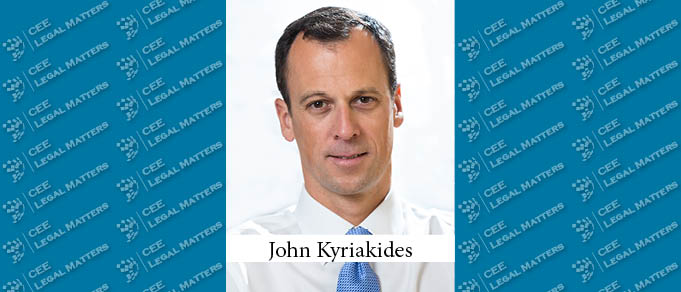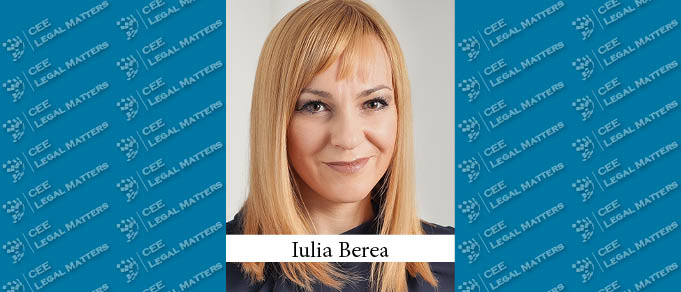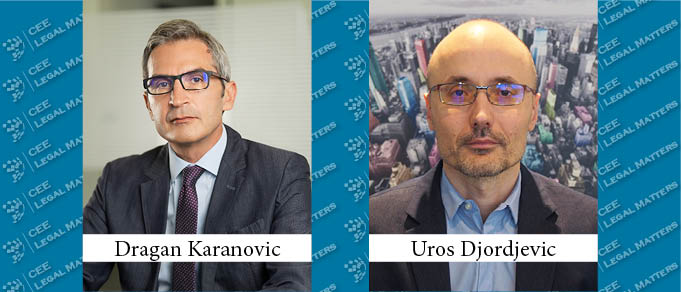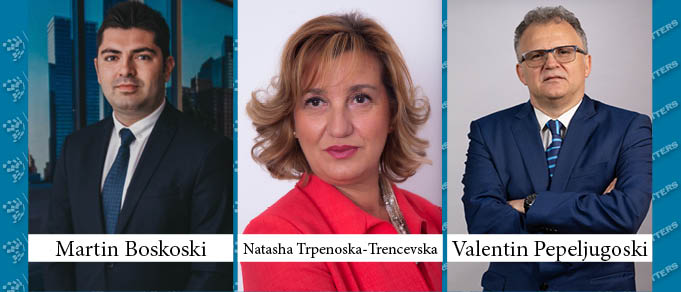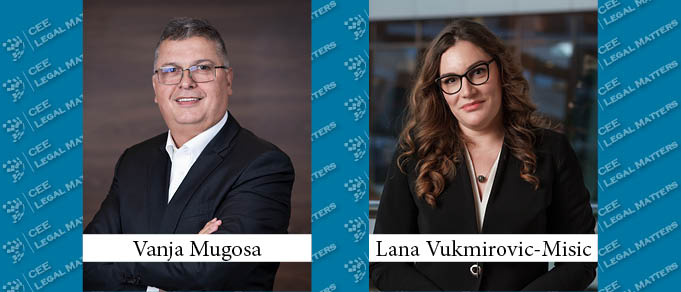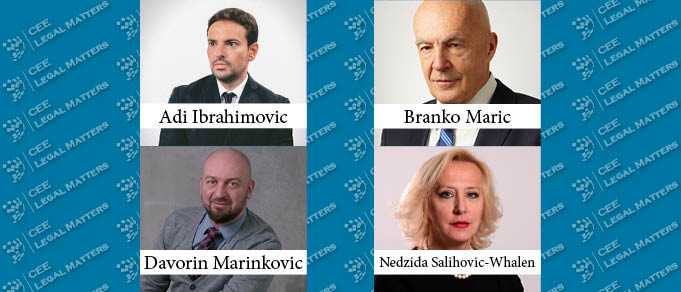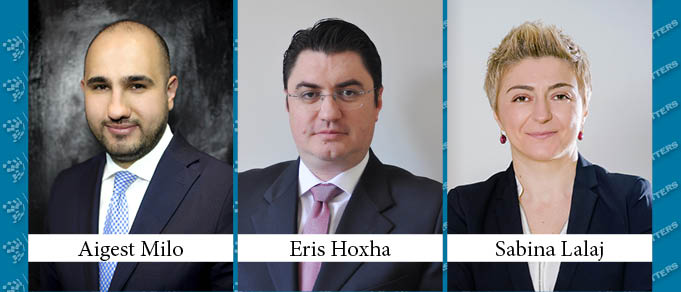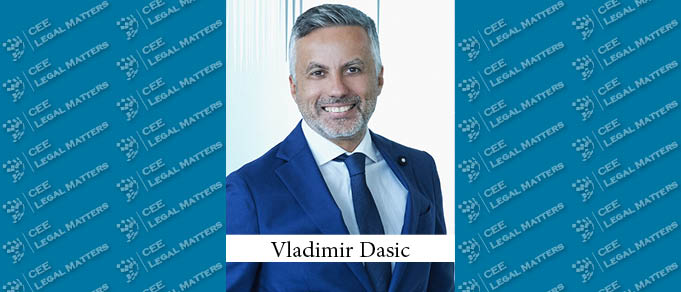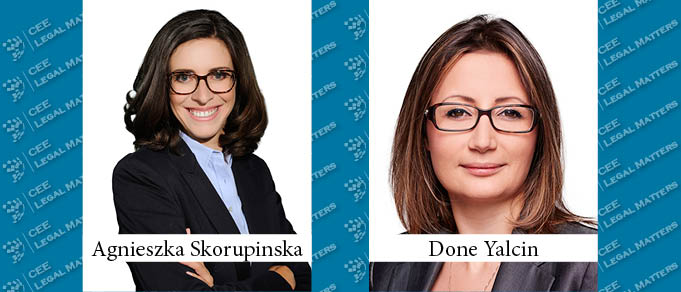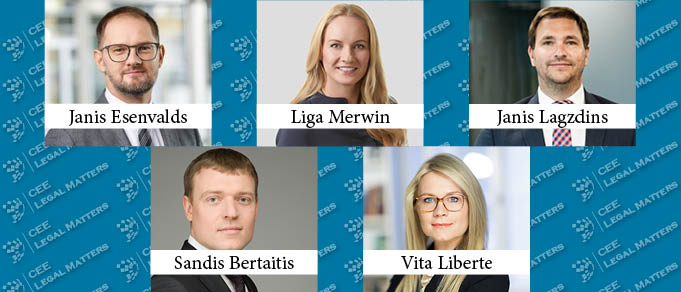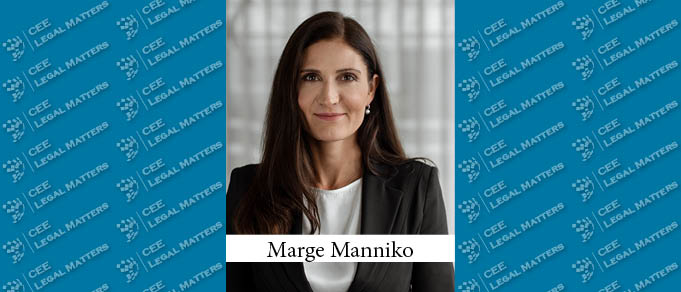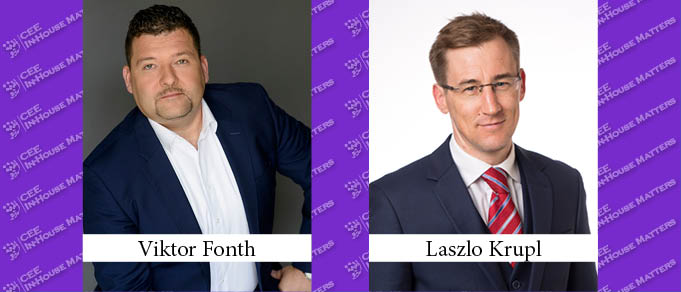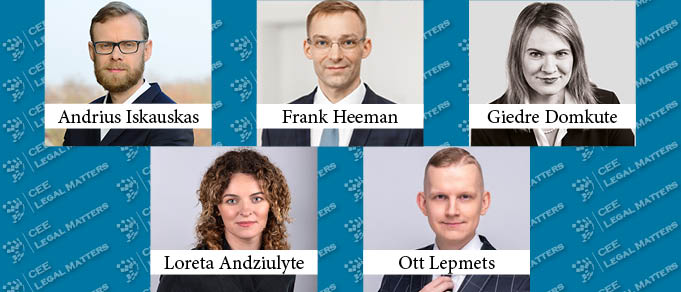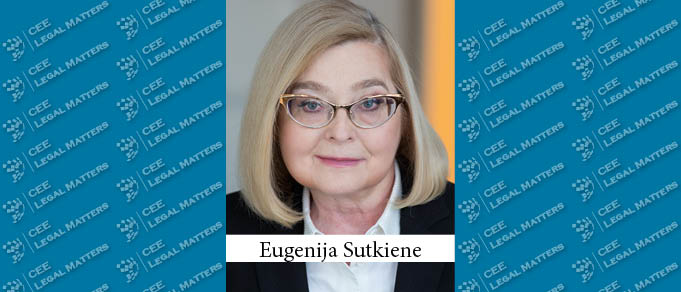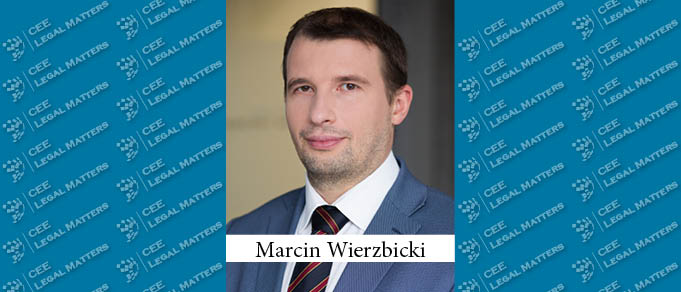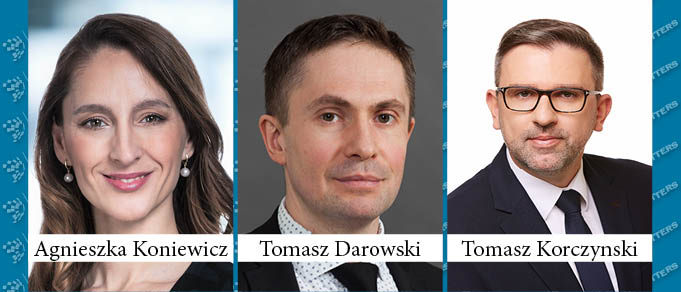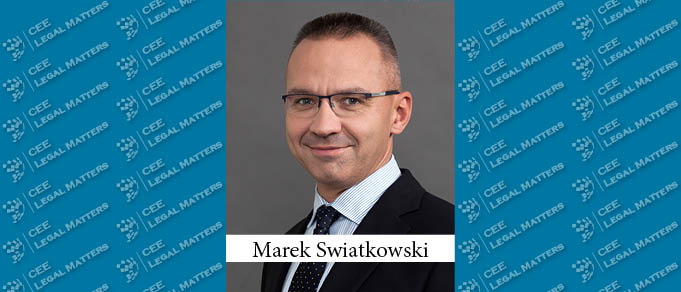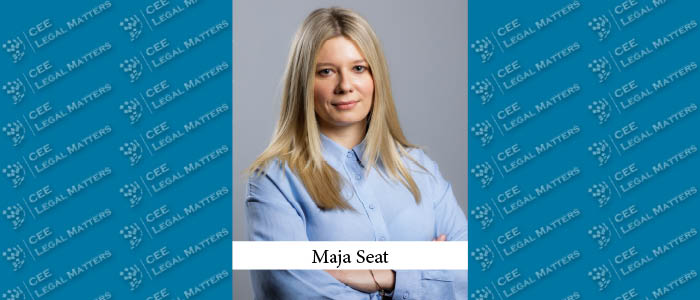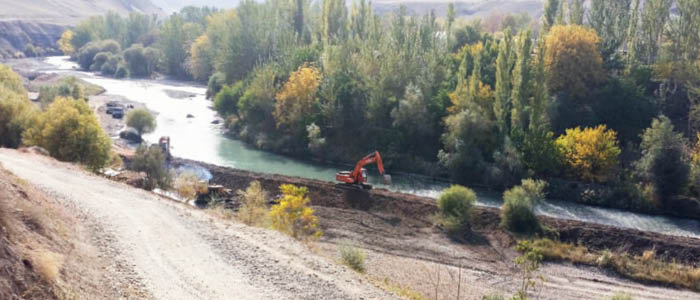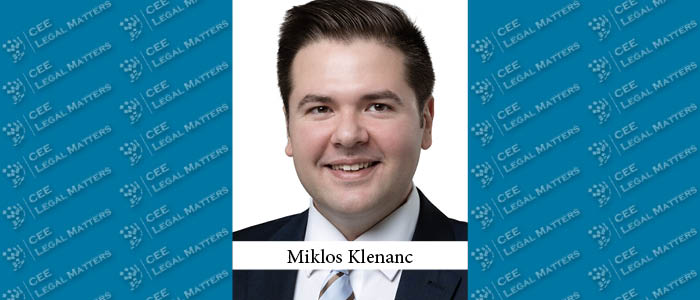The legal profession in Greece has changed and been upgraded in recent years in the context of providing legal services and support across a spectrum of economic, social, and technological developments. Modern lawyering is directly linked to the needs of the client in very specific areas (such as economy, energy, health, immigration, personal data, and artificial intelligence). In the past 30 years, Greece has witnessed the establishment of the institution of law firms, the transition to a new era of cooperative action, and the gradual abandonment of the legal office as the sole dominant model of legal practice. Law firms that form a structured group and provide a comprehensive package of services operate in a dynamic manner, evolving in line with market requirements. This is also a guarantee for young lawyers who seek better working conditions, remuneration, and career prospects.
Guest Editorial: How It All Started
More than 15 years ago, when I graduated from law school in Romania, there were few opportunities for a young lawyer. You could either be an apprentice for a senior lawyer, your ‘master’ as they were called, trying to ‘steal know-how’ from anywhere you could, or, for the luckier ones, you could be employed by one of the only two business consulting law firms that were on the market – a national one and the only international law firm – Linklaters. I was one of the lucky ones. I passed my bar exam and started working as a junior lawyer in the latter. And thus, my journey as a CEE lawyer began.
All Roads Lead to the EU: Serbia - Implementation Issues and Practical Problems
While public perception in Serbia on joining the EU has generally been positive, according to Karanovic & Partners Senior Partner Dragan Karanovic, “recent research suggests that the overall enthusiasm of the public has taken a slight decrease, establishing a polarized, almost fifty-fifty view towards EU accession.”
All Roads Lead to the EU: North Macedonia - Waiting and Hoping
On June 17, 2018, the Republic of North Macedonia and the Republic of Greece concluded the Prespa Agreement which, according to Pepeljugoski Partner Valentin Pepeljugoski, “resolved the name issue as a historical problem between the countries and was a step forward for North Macedonia to become an EU member.” After Bulgaria opposed the start of accession negotiations in October 2020 and again in June 2021, he says that “the country’s next hopes for EU membership are tied to the EU Summit on December 14, 2021, when a date for the start of negotiations with the EU is expected. The focus in the next period is on preparing the administration for all challenges related to the negotiation process, starting from the screening to the achievement of the final goal.”
All Roads Lead to the EU: Montenegro - In Pole Position
“Immediately after gaining independence in 2006, Montenegro set EU accession and the integration process as one of its foreign policy priorities,” says Jovovic, Mugosa & Vukovic Managing Partner Vanja Mugosa. “It started membership negotiations with the EU in 2012 and has so far opened all 33 negotiating chapters, three of which have already been temporarily closed: Chapter 25 (Science and Research) in 2012, Chapter 26 (Education and Culture) in 2013, and Chapter 30 (External Relations) in 2017.”
All Roads Lead to the EU: Bosnia & Herzegovina - More Distant Than Ever
According to Ibrahimovic & Co Managing Partner Adi Ibrahimovic, “the EU’s engagement with Bosnia and Herzegovina has gone through sporadic periods of intensifying cooperation and uncertain situations,” leading Dimitrijevic & Partners Partner Davorin Marinkovic to summarize the current status as: “frankly speaking, the public perception is that nobody actually knows.”
Marketing Law Firm Marketing: Planning the Marketing Budget
At the end of each year, business development and marketing specialists across the globe are busy identifying strategies and components to plan an annual marketing budget. Accordingly, this time around, given the season, we asked Law Firm Marketing experts across the CEE region a question: Which metrics do you look at when planning your marketing budget?
All Roads Lead to the EU: Albania - Almost 10 Years in the Making And 10 More To Go
“The genesis of Albania’s EU accession talks dates back to June 2003, when Albania, alongside other Western Balkan countries, was identified as a potential candidate for EU membership,” explains Deloitte Legal Local Legal Partner Sabina Lalaj. While Hoxha, Memi & Hoxha Partner Eris Hoxha points out that Albania was a candidate country since 2014, official membership negotiations were opened only on March 25, 2020. According to Kalo & Associates Co-Managing Partner Aigest Milo, “the next step is for the first Inter-Governmental Conference to be held (presumably during the first semester of 2022),” but Hoxha says “no specific date has been determined yet.”
Guest Editorial: Serbian Legal Market – Looking Back and Ahead
When I was presented with the opportunity to share my views on lawyering in Serbia and the current legal market, one of my first thoughts was where we were 20 years ago, when Serbia had just opened its doors to foreign capital, privatization started, and international banks and investors began their search for the same quality of advice and advisers they had back home. The bar was dramatically increased, traditional law firms thought they were untouchable, and only a handful of new-generation lawyers, although with very modest international experience, was able to adapt and meet this challenge.
Reimagining Industry
CEE Legal Matters spoke with CMS Partner and Head of Environmental Law Practice in Poland and CEE Agnieszka Skorupinska and CMS Turkey Managing Partner Done Yalcin about the impacts of the EU Green Deal and the rise of ESG in Europe and beyond.
Latvia’s Amended Advocacy Law: A Change Affecting all Law Firms
On February 18, 2021, following a five-year preparation period, the Saeima – the parliament of the Republic of Latvia – adopted amendments to the country’s Advocacy Law, addressing, inter alia, the proper corporate form for law firms. Going forward, in Latvia, a law firm must either be a partnership (either general or limited) or a limited liability company. CEE Legal Matters spoke with several Latvian lawyers about the newly amended law.
Guest Editorial: The Big Challenge of 2022
I have been the managing partner of the pan-Baltic law firm Lextal – with offices in Estonia, Latvia, and Lithuania – for six years. During this time the market has changed considerably.
Face-to-Face: Viktor Fonth and Laszlo Krupl
Schoenherr Hungary’s Head of Real Estate Laszlo Krupl interviews HB Reavis Country Legal Director Viktor Fonth.
Amberlo’s Case Management Software – A Client Review
In issue 8.3 of the CEE Legal Matters magazine, we spoke with Amberlo Co-Founder and CEO Aidas Kavaliauskas to learn more about the company’s cloud-based case management software built for legal professionals. With this issue’s focus on the Baltics and with the company being, at its roots, a Baltic one, we spoke with several law firms in the region that were early adopters of the solution, to learn about their experience using the platform and what advice they have in terms of selecting such a tool for a law firm.
Guest Editorial: Turning Crisis into Opportunity
In my career, I have lived through four crises. In 1991, when I started a legal business, there was a total economic collapse, with a shortage of the most basic essential goods – no furniture or computers, or even proper light bulbs for the office. Then there was the ‘Russian’ crisis of 2000, a crisis of foreign currency and the ruble. The one of 2008-2010 followed. And now we have the COVID-19 pandemic – perhaps not so much an economic crisis as one arising from a climate of uncertainty.
The Polish-Ukrainian Connection: Interview with Marcin Wierzbicki of Konieczny Wierzbicki
Poland and Ukraine – a distinct pairing some would say. The two European countries are close to one another – both geographically and historically – yet, while they share a lot of similarities, they remain quite distinct. Given the sheer size of these countries and economies, their relationship, and a growing amount of investor interest – going both ways – we took a deeper dive to explore what makes their relations tick. And what better way is there to understand the countries’ entangled relationship than to talk to someone with Marcin Wierzbicki’s profile? Born and raised in Poland, the Konieczny Wierzbicki Managing Partner has had the opportunity to spend quite some time in Ukraine and, as such, has a unique perspective on both countries and their respective markets.
Poland’s (Infra)Structural Foundations: Are PPPs Still the Future?
Even though situated at the outskirts of the EU, Poland undoubtedly serves as one of the main pathways into the Union’s affluent west. The importance of its infrastructure is reflected in its prioritized investment position. Looking at investments made by the European Investment Bank alone, one could see that out of the EUR 79.8 billion invested in the country since 1990, about 47% went to infrastructure.
Guest Editorial: Polish Lawyers Keeping Busy Despite Past Worries
2021 turned out to be a surprise and many 2020 predictions concerning the legal market have not come true (luckily!). Despite predictions, legal advisors continue to be extremely busy. This is especially the case in M&A, real estate, and restructuring.

